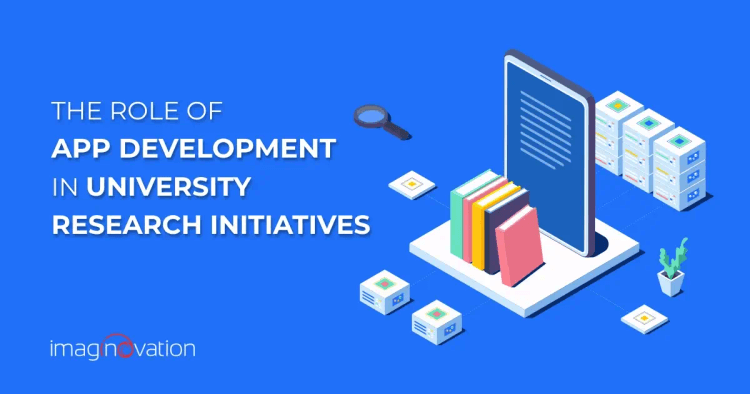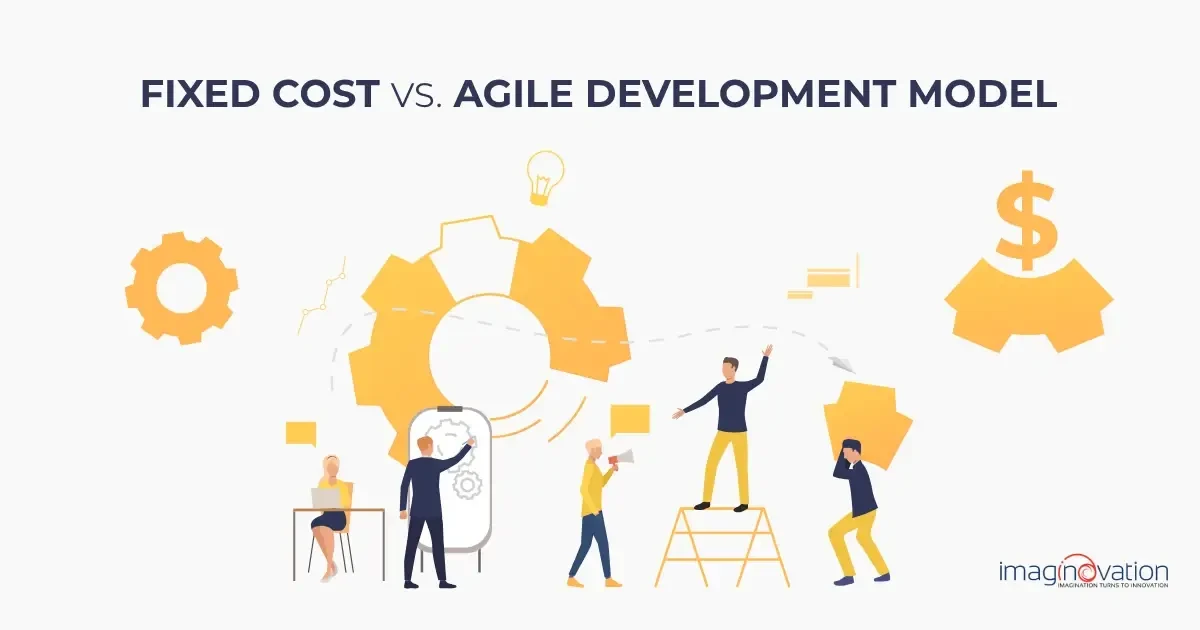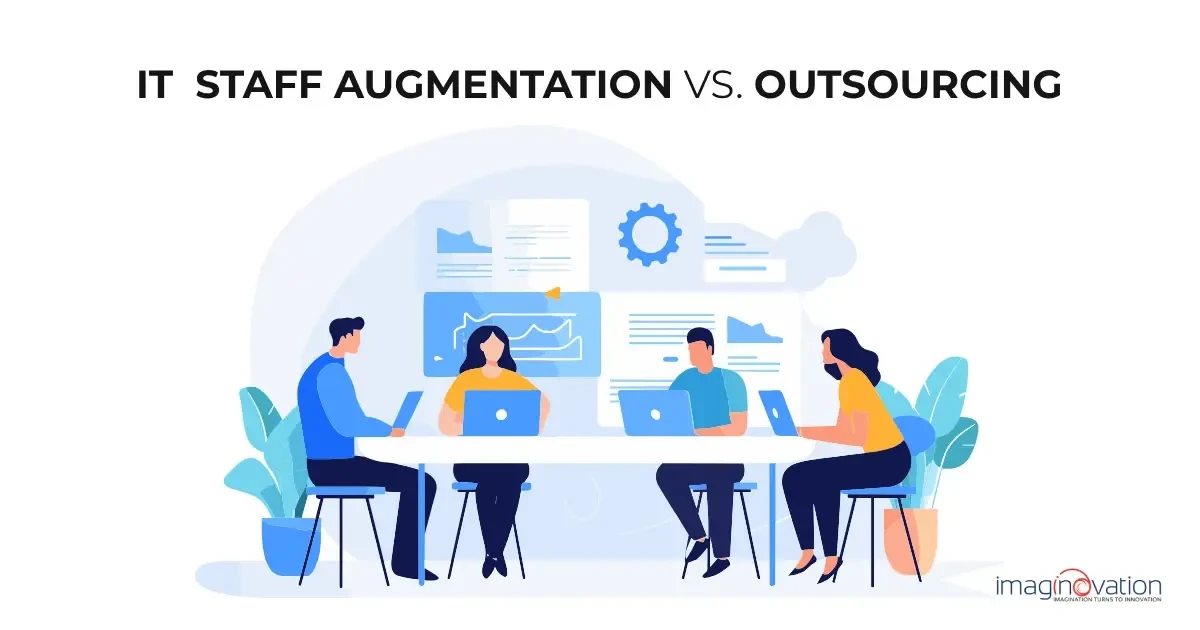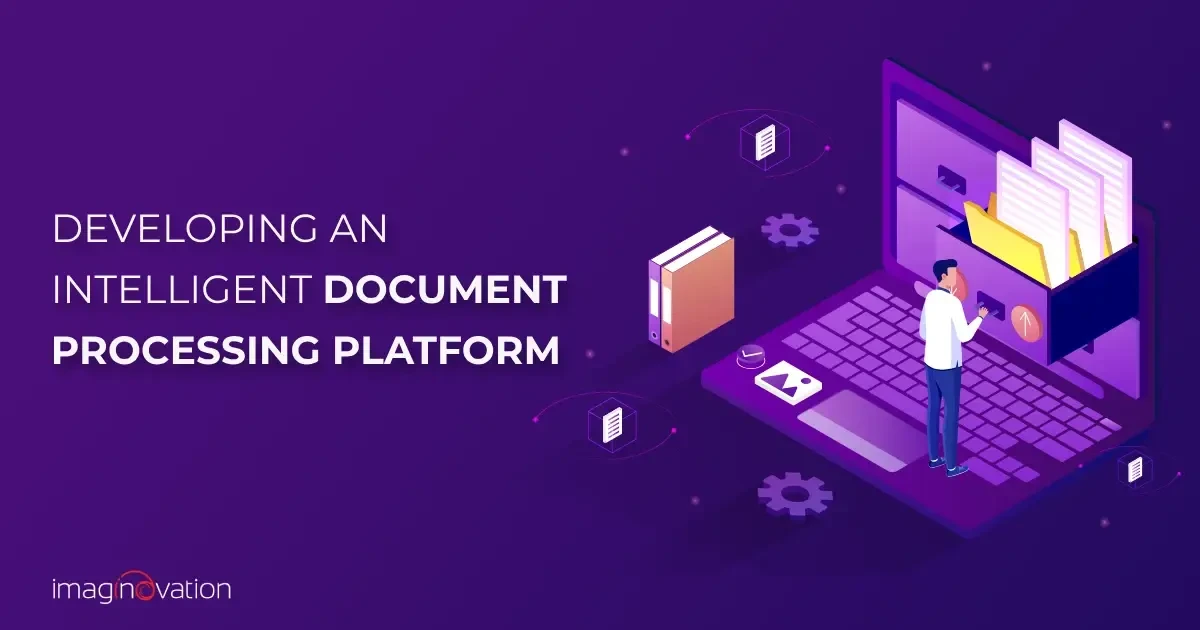The average college student spends 8 to 10 hours of their day using their cellphone, and understandably so.
Every smartphone has numerous built-in apps and a store with an endless supply of more. These apps make learning easier by helping you access information readily, stay on top of your schedule, and do effective research.
Want to learn more about the role of app development in University research? If you do, this article is for you. We will explore the use of apps in data collection and analysis, student engagement, and topic searches. We will also explain the importance of academic research in different sectors.
How to Leverage Apps in University Research
As the computing power of mobile gadgets advances, apps are becoming a crucial part of our daily lives. From banking to travel bookings and food delivery, these apps have altered the way we interact with the world around us.
It is thus not surprising that students have jumped on the bandwagon too. They’re leveraging apps to ease the research process in the following ways:
Finding Unique Research Topics
You’ve probably encountered a few research gurus in your life- or at least heard of them. The kind of students who publish their own papers or spend their summer in Germany researching and getting interviewed by BBC.
This raises the question: how can students achieve similar research milestones? The key is to start your journey with the right research topic.
Finding a suitable idea influences an array of things, from the direction and scope of your research to the methods you use. It also determines the depth to which you can explore your area of interest.
Taking this into account, searching for the ideal topic can seem nerve-racking. But it doesn’t have to be, not when you leverage apps like R Discovery.
This app trawls a sea of academic papers to help you find articles most relevant to your area of interest. Using AI technology, it tracks your reading interests over time. Based on its findings, it displays content tailored to your individual needs.
Collecting Data
Identifying the ideal topic accounts for a small portion of your campus project. The gist of the project is doing the actual research - a process that relies heavily on data collection. Data collection is the systematic procedure of gathering information for use in decision-making.
Students can choose from a wide range of data collection techniques. They can hold interviews, form focus groups, or hand out questionnaires and surveys. While each of these methods yields results, it’s also very time-consuming. This is where data collection apps prove useful.
You can use apps to create and distribute online questionnaires to relevant respondents. This saves you both time and money!
Furthermore, data collection apps allow you to capture details offline or on the go. If you’re gathering data from a remote area, you can record the information on the app and upload it to your computer when you have Internet access. Here are a few ideas for data collection apps:
Key Apps for Collecting Data
Teamscope
Teamscope is among the best apps for research. It’s uniquely designed to gather sensitive data. Available for download on Android and iOS, it allows students to create mobile forms. They can then use these forms to gather relevant qualitative or quantitative data.
Open Data Kit
For Android users, the Open Data Kit app is for you. This one lets you capture data in all forms- picture, text, or location. It also supports multiple languages and can be used offline. This makes it suitable to use in remote regions.
Magpi
Another app that comes highly recommended for data collection is Magpi. It lets users generate offline and online mobile forms and capture essential details.
Users particularly like the app’s seamless integration with other tools, which improves research efficiency. With this app, you can feed data using any web-accessible system, such as Salesforce, Google spreadsheet, and SQL databases.
REDCap
REDCap is another application, which helps you collect data efficiently. A survey creation toolkit, it comes complete with customizable forms and configurable databases.
It also has its own dictionary, which can be tailored to showcase the attributes of a particular survey. Lastly, it allows easy exportation of the collected results to external systems like Microsoft Excel.
Analyzing Data
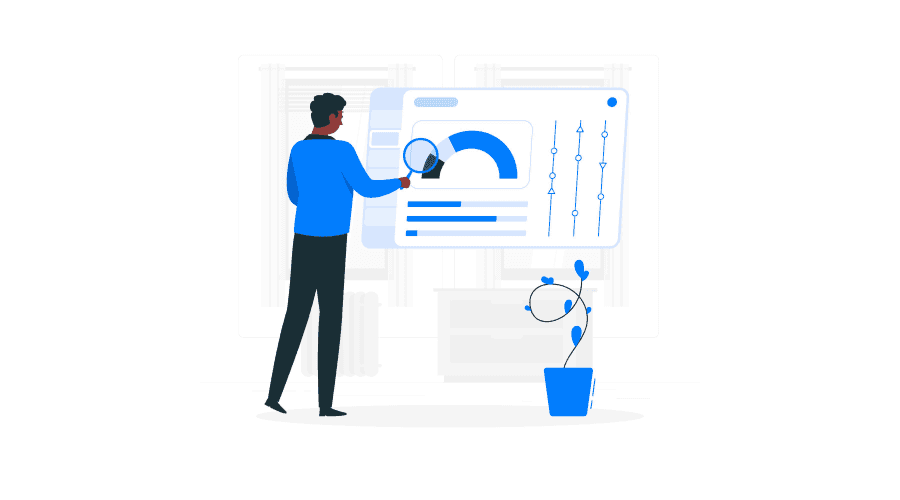
Collecting data is a straightforward process. But analyzing it is an entirely different beast.
It entails examining the collected information and drawing relevant patterns or trends. The only way to do this is to perform statistical operations that reveal the associations between the variables of interest.
These statistical operations can range from creating graphs and charts to generating reports and summaries.
The end goal of data analysis is to help you find answers to your research questions. As such, this analysis must be done accurately and correctly. Thankfully, several apps simplify this complex world of data analysis. Here are a few suggestions:
Key Apps for Data Analysis
Microsoft Excel
Microsoft Excel is one of the best apps for research data collection and analysis. Its intuitive interface and arsenal of built-in features make it fit for novice and veteran researchers.
For instance, the pivot tables help with sorting and totaling data. Similarly, it has multiple data visualization tools like pie charts, bar graphs, and line charts. These are necessary for identifying relationships between variables.
Python
This app is also useful, especially for students whose research involves programming. Like Microsoft Excel, it’s incredibly versatile. It can be used to gather and process data by issuing different commands. It also has data visualization tools like pie charts, histograms, and graphics.
Tableau
Widely used for business analytics, this web-based application can prove useful to students, too. It has a user-friendly interface and a myriad of data analytical features.
Students can use the platform for data segmentation and cohort analysis. They can also use it to display their findings, having the freedom to pick from charts like line charts, bar charts, scatter plots, and more.
Improving Student Involvement
One of the biggest challenges for educators is keeping their students engaged. The array of distractions, coupled with the complexity of learning materials, causes students to lose focus quickly.
Switching to educational apps can boost their attention and involvement in such situations. This is particularly important when they are being taught research skills. Completing any school research project successfully requires multiple skills.
The student should have mastered procedural operations like navigating databases. They should also have critical thinking skills, which enable them to assess search results.
Plus, they should have stellar strategic thinking skills, which help them determine the right tools and procedures for their research.
Learning these fundamental principles sets the tone for their research project. Fortunately, educational apps can enhance students’ attention by making the lessons more interactive. Here are some of the best learning apps for college students:

Key Apps for Improving Student Engagement
Nearpod
One of the top-rated apps for improving learning is Nearpod. Available on the web and as a mobile app, it lets educators generate slide-based lessons. Students then have an opportunity to annotate the slides, making the lessons more interactive. Similarly, teachers can offer feedback in real-time.
Quizizz
Another app that can make your lessons more fun and engaging is Quizizz. It’s designed to help students play live quizzes with their peers. This makes it handy for revising content that’s being studied currently or to prepare for upcoming tests.
Discord
Initially created for gamers, this app has also proven useful in the education sector. It lets students form group chats for sharing text, audio, and media content.
Only some students have the confidence to present their findings in front of a group. With Discord, such learners can anonymously engage in conversations, making them feel like they still belong. They can discuss projects in an informal setting and share updates on their own research.
Wooclap
An easy way to gauge students’ understanding of a subject is to ask questions. With Wooclap, you’ll have access to more than twenty question formats to make your teaching sessions more interactive. These questions include multiple-choice (MCQs), polls, ‘find a number,’ ‘find on image,’ rating, and more.
Real-World Applications of Academic Research
You now have a better understanding of the role apps play in university research. Still, many question the relevance of research initiatives by academic institutions.
They wonder why universities invest resources in research instead of focusing on the core function they were created for (i.e., teaching). To shed more light on this, the next section highlights real-world applications of academic research.
Climate Change Mitigation
Academic research has played a major role in drawing our attention to climate change.
We have learned about the drastic changes in climatic conditions through surveys and academic studies. From the melting glaciers to soaring temperatures and shocking weather events, these studies have provided much insight into these issues.
In the same light, academic research has enabled us to identify several solutions to mitigate climate change. These include minimizing industrial emissions, reducing household waste, and recycling.
The eCommerce Industry
Another area where the benefits of academic research are evident is in the business sector. Business owners rely heavily on research to gauge and improve their performance. Here are a few examples to illustrate this:
- Brand awareness - whether you own a startup or have been in the industry for a while, you would want to know how familiar people are with your brand. The easiest way to do this is to conduct research through surveys, interviews, social media platforms, and more.
- Understand your target customer - performing research can also help you understand your customers better. You will discover crucial traits about your audience, such as their age range, demographics, familial status, gender, etc. This is necessary to tailor your products/services to their specific needs.
- Discover new opportunities - another reason entrepreneurs invest in academic research is to identify market gaps. Researching helps you know the current market share dynamics, key players, leading industry suppliers, and more. This can help you discover market opportunities that have not been explored yet.
Healthcare
If there’s one industry that has reaped massive benefits from academic research, it’s health. Research studies have provided invaluable insight into different medical conditions. More specifically, academic research has helped to:
- Discover the best treatment options and approaches for different conditions - this study published in the National Library of Medicine is a good case in point. It shows how a combination of frequent exercise and a healthy diet makes diabetes management easier.
- Identify risk factors and warning signs - thanks to academic research, health experts have also identified risk factors associated with certain diseases. These range from environmental to genetic, lifestyle, and physiological factors. Similarly, they’ve identified specific signs and symptoms that hint at different medical conditions.
- Recognize preventive measures to mitigate the risk of diseases - academic researchers have also identified different measures that can be used to minimize the risk of certain illnesses. For instance, they’ve proven that regular exercising mitigates the risk of cardiovascular diseases.
- Discover ways to improve the quality and efficiency of healthcare - last but not least, academic research has shed light on the need to improve healthcare quality and effectiveness. A good example is this report, which reveals disparities in healthcare among different ethnicities. It also recommends several solutions to combat the situation.
Also Read: Selecting The Right Mobile App Development Partner
The Bottom Line
In a nutshell, apps play a vital role in university research initiatives. They enable students to easily access research materials and sift through academic papers to find suitable topics. More importantly, they simplify data collection, analysis, and visualization.
And it’s not just students who are benefitting from app development. Educators are, too. They have learned to leverage mobile and web-based apps to create more interactive lessons. This has increased student engagement, improving their chances of completing their academic research successfully.
Findings from these academic studies have been used to improve a wide range of sectors, such as healthcare and e-commerce. They have also brought our attention to climate change.
If you’ve been thinking about developing an app to improve learning in your institution, don’t hesitate contact us. We develop robust and intuitive apps for both mobile and web. We also help you harness the power of AI.
Let's Talk.
